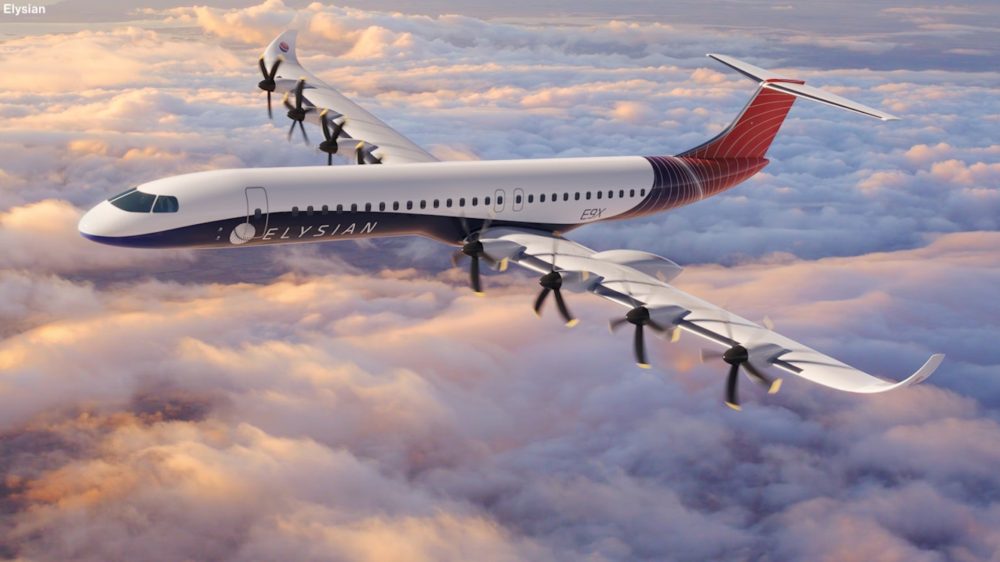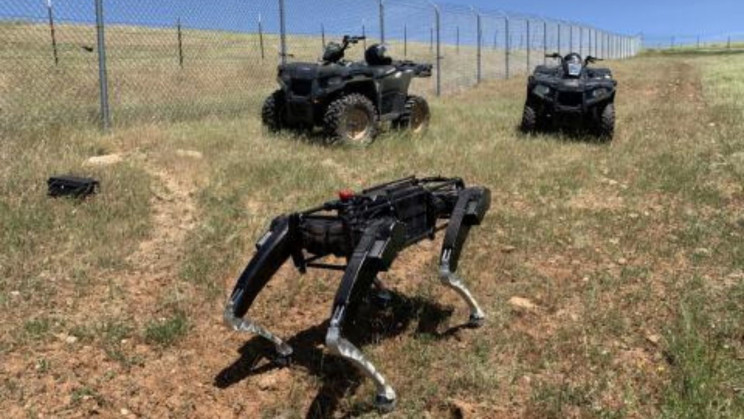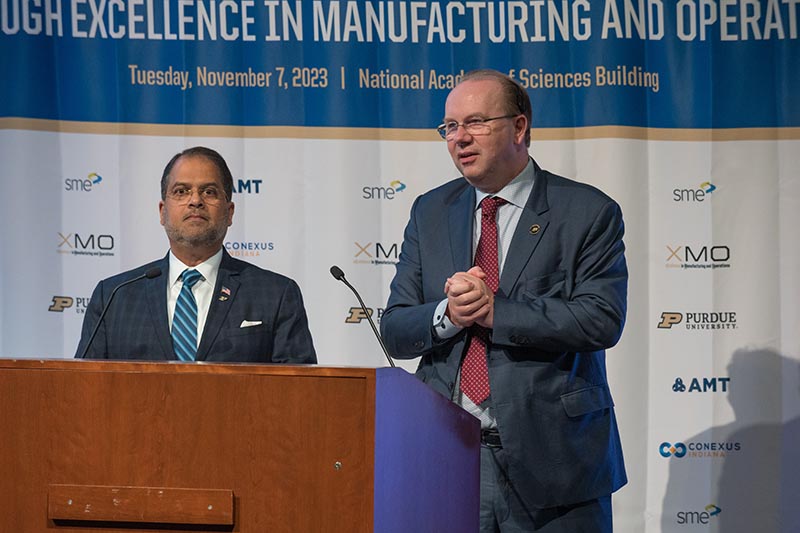The competition to reduce carbon emissions in the aviation sector is intensifying, as scientists discover methods to enable passenger airplanes to run entirely on electric power.
However, due to significant constraints on battery energy density, fully electric aircraft are currently considered viable only for emerging modes of air transportation and for short-range regional connections.
A Dutch startup Elysian is challenging this belief that battery-powered aircraft are restricted to smaller sizes and shorter ranges. The company rejects the belief that a revolutionary battery advancement is necessary for success.
Elysian has developed the E9X, an electric aircraft capable of carrying 90 passengers over a distance of 800 km (497 miles) without requiring a recharge stop. With anticipated enhancements, Elysian aims to achieve a 1,000-km (621-mile) range, potentially enabling the E9X aircraft to cover approximately 50% of all scheduled commercial flights.
Design Efficiency:
Instead of trying to electrify a modern propeller plane, Elysian looked to first-generation aircraft designed for long distances.
For design efficiency, Elysian departed from the conventional approach of electrifying modern propeller planes and instead drew inspiration from the design principles of first-generation aircraft, renowned for their capability to cover extensive distances.
Collaborating with Delft University of Technology in the Netherlands, Elysian conceived the E9X, incorporating a smaller fuselage, elongated wings, and strategically positioned low-mounted wings to optimize battery mass while simultaneously diminishing airframe mass and drag. The low-mounted wings, adorned with upswept tips, accommodate a substantial portion of the battery mass and the rear landing gear.
Elysian says that these design considerations not only result in significant savings in airframe mass but also promise a reduction in drag by approximately 15%, contributing to an associated enhancement in the overall range.







